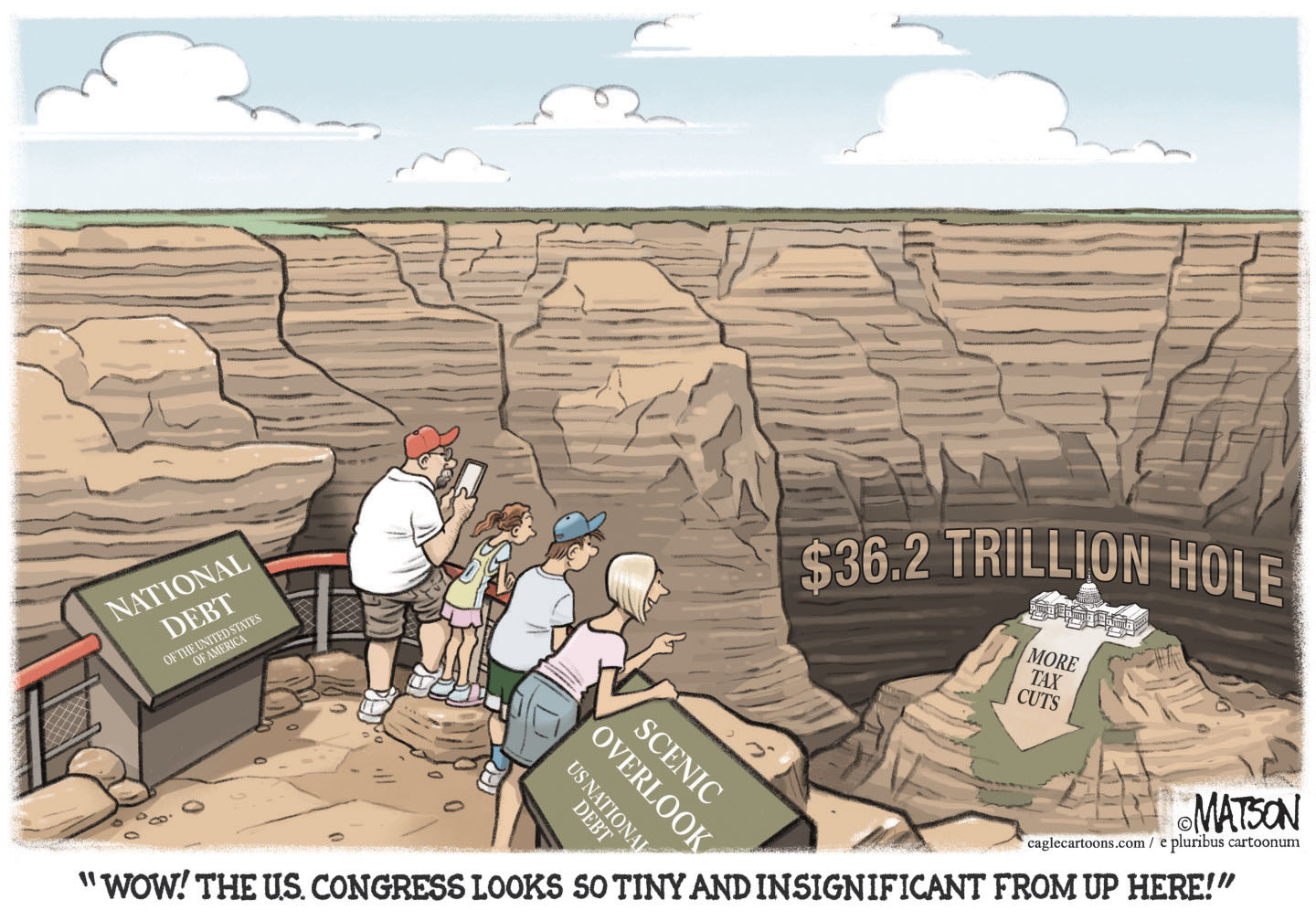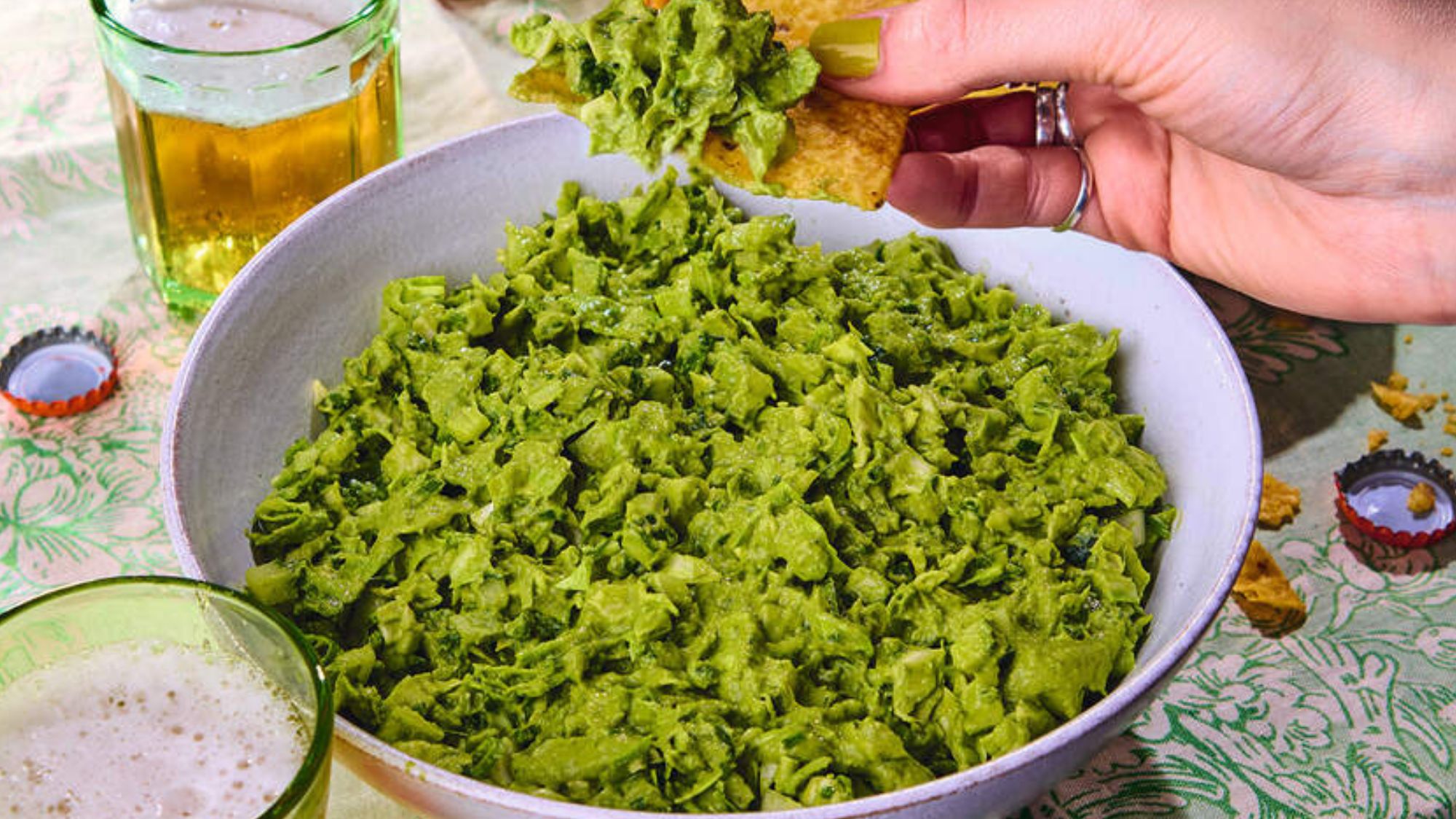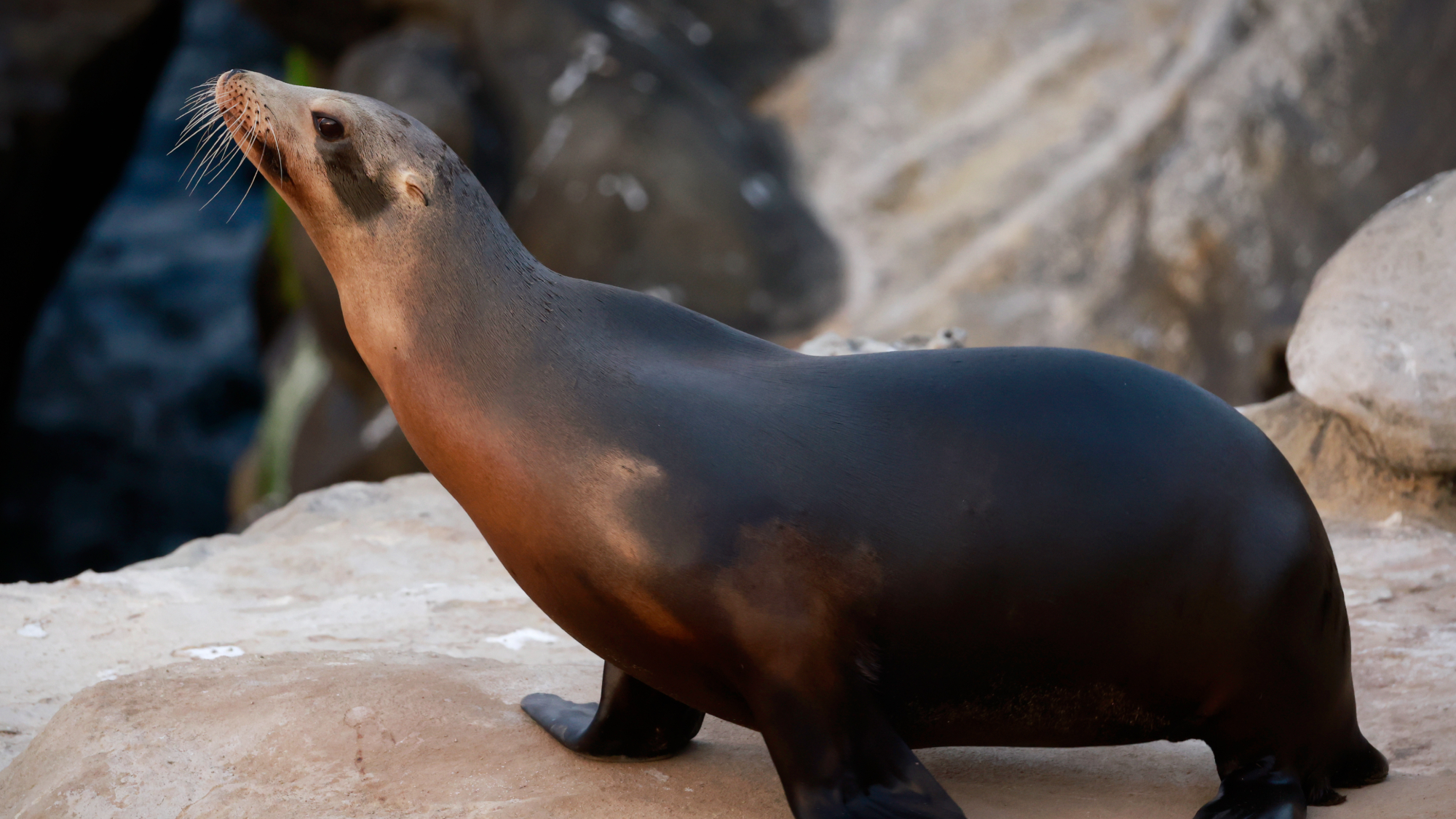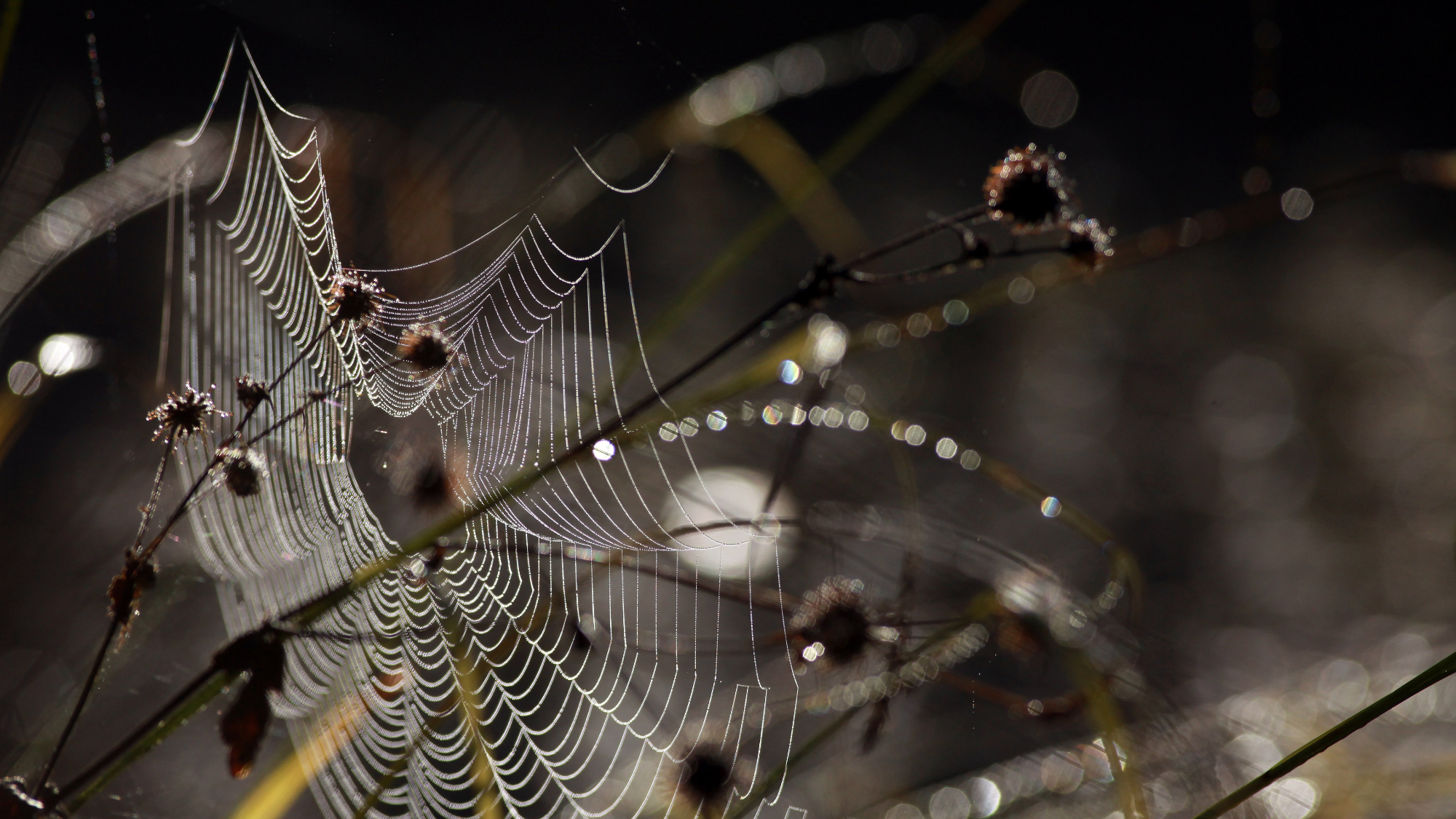Co-author of touted same-sex marriage study seeks retraction over allegedly bogus data


One of the authors of a widely covered study suggesting brief conversations with gay people could change opinions of same-sex marriage is seeking a retraction over "irregularities" in data purportedly collected by his co-author.
Published last year in the journal Science, the study claimed to show that conversations with gay canvassers could trigger a lasting change in subjects' views of same-sex marriage. Notably, conversations with straight canvassers did not produce the same effect.
However, when two University of California-Berkeley grad students tried to extend the research, they discovered problematic patterns in the data suggesting it had been faked. They then notified one of study's co-authors, Columbia University professor Donald Green, who said his partner, UCLA graduate assistant Michael LaCour, subsequently "confessed to falsely describing at least some of the details of the data collection."
Subscribe to The Week
Escape your echo chamber. Get the facts behind the news, plus analysis from multiple perspectives.

Sign up for The Week's Free Newsletters
From our morning news briefing to a weekly Good News Newsletter, get the best of The Week delivered directly to your inbox.
From our morning news briefing to a weekly Good News Newsletter, get the best of The Week delivered directly to your inbox.
Green swiftly issued a retraction on his personal site and asked Science to pull the article as well.
"I am deeply embarrassed by this turn of events and apologize to the editors, reviewers, and readers of Science," Green said in a statement.
Sign up for Today's Best Articles in your inbox
A free daily email with the biggest news stories of the day – and the best features from TheWeek.com
Jon Terbush is an associate editor at TheWeek.com covering politics, sports, and other things he finds interesting. He has previously written for Talking Points Memo, Raw Story, and Business Insider.
-
 May 31 editorial cartoons
May 31 editorial cartoonsCartoons Saturday's political cartoons include how much to pay for a pardon, medical advice from a brain worm, and a simple solution to the national debt.
-
 5 costly cartoons about the national debt
5 costly cartoons about the national debtCartoons Political cartoonists take on the USA's financial hole, rare bipartisan agreement, and Donald Trump and Mike Johnson.
-
 Green goddess salad recipe
Green goddess salad recipeThe Week Recommends Avocado can be the creamy star of the show in this fresh, sharp salad
-
 Breakthrough gene-editing treatment saves baby
Breakthrough gene-editing treatment saves babyspeed read KJ Muldoon was healed from a rare genetic condition
-
 Sea lion proves animals can keep a beat
Sea lion proves animals can keep a beatspeed read A sea lion named Ronan beat a group of college students in a rhythmic dance-off, says new study
-
 Humans heal much slower than other mammals
Humans heal much slower than other mammalsSpeed Read Slower healing may have been an evolutionary trade-off when we shed fur for sweat glands
-
 Novel 'bone collector' caterpillar wears its prey
Novel 'bone collector' caterpillar wears its preySpeed Read Hawaiian scientists discover a carnivorous caterpillar that decorates its shell with the body parts of dead insects
-
 Scientists find hint of alien life on distant world
Scientists find hint of alien life on distant worldSpeed Read NASA's James Webb Space Telescope has detected a possible signature of life on planet K2-18b
-
 Katy Perry, Gayle King visit space on Bezos rocket
Katy Perry, Gayle King visit space on Bezos rocketSpeed Read Six well-known women went into lower orbit for 11 minutes
-
 Scientists map miles of wiring in mouse brain
Scientists map miles of wiring in mouse brainSpeed Read Researchers have created the 'largest and most detailed wiring diagram of a mammalian brain to date,' said Nature
-
 Scientists genetically revive extinct 'dire wolves'
Scientists genetically revive extinct 'dire wolves'Speed Read A 'de-extinction' company has revived the species made popular by HBO's 'Game of Thrones'